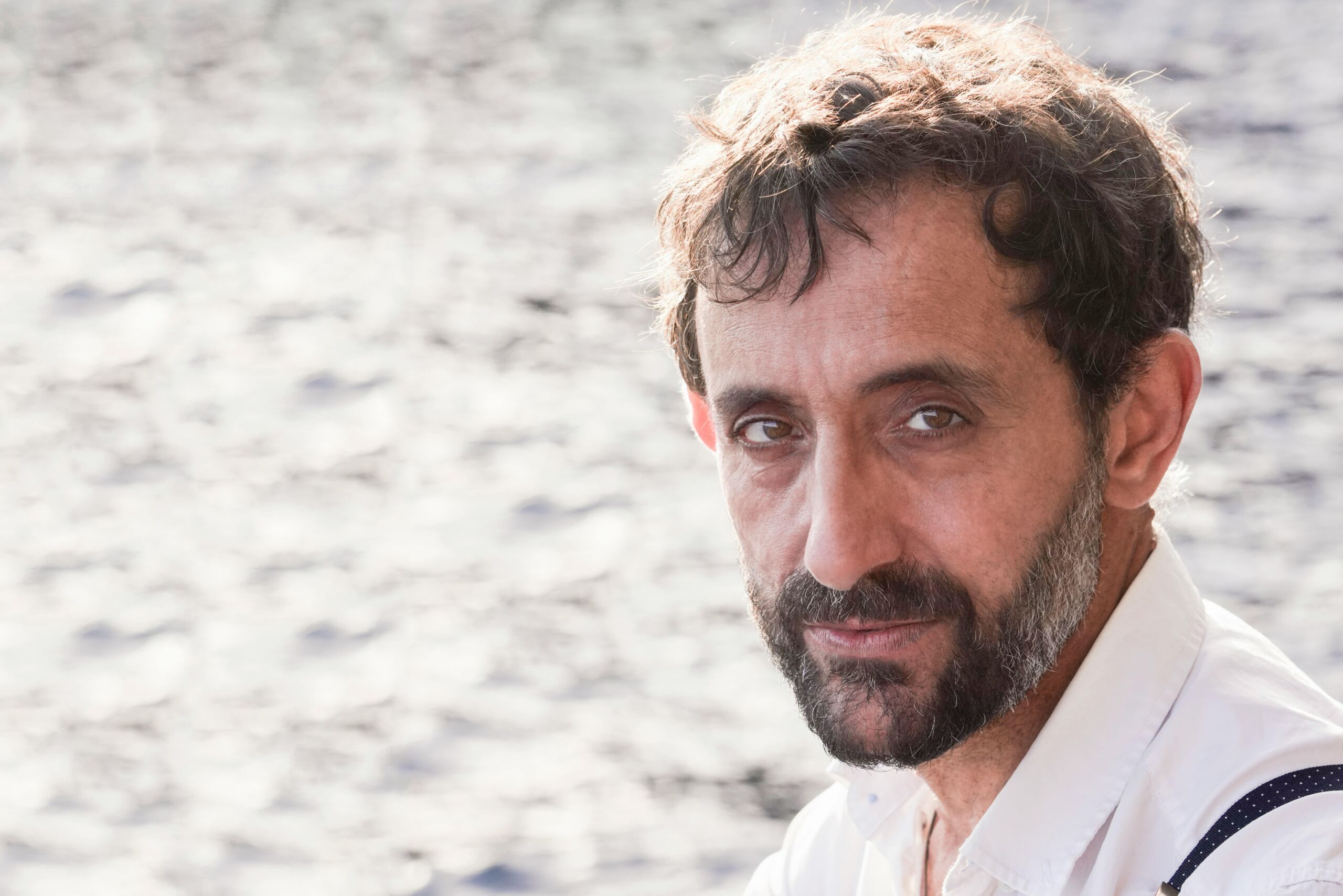When getting treatment for a mental health problem, you can face obstacles typically not present when dealing with physical issues. For example, therapy encourages you to identify and shift thought patterns. However, it’s not uncommon for this to temporarily provoke overthinking, which, in turn, can slow the recovery process. Case in point: Eye Movement Desensitization & Reprocessing (EMDR).
People may engage in EMDR therapy for trauma, depression, disordered eating, anxiety, and so much more. They are encouraged to choose a specific focus, and that’s where overthinking can arise. How in the world can the process be narrowed down when so much is going on in your head?
Some EMDR Basics
Even though it’s in the same category as Cognitive Behavioral Therapy (CBT), EMDR is unlike how most people imagine therapy. After taking a basic history, your EMDR therapist will work with you on your “target.” In other words, the modality usually begins with the client choosing a painful memory as the primary target. We’ll come back to that part soon.
Once a memory is selected, the client aims their full focus on it as the therapist performs hand and finger movements in front of your face. Your task at this point is to follow the therapist’s hands by moving your eyes up and down and left to right. This initiates a mental state similar to rapid eye movement (REM) sleep. Research shows that in this state, you are better able to resolve memories without being triggered by them. In addition, you can replace that negative focus with something positive and healthy.
Okay, But How Do You Know What to Focus On?
Let’s begin by clarifying that this should not be a pressurized decision. There is a reason you sought out EMDR therapy, and thus, you already know the general themes. You do not have to add to the mental distress by worrying if you’re doing EMDR “right.” Rather, you can ponder some common options. This might include the oldest memory or perhaps the strongest or worst.
 It’s important — and calming — to remember that none of your potential targets exist in a vacuum. Whenever you aim your focus, the EMDR sessions will encapsulate the related issues. Let’s say it’s a traumatic experience you wish to resolve. You can choose to take on the primary event but make no mistake, the primary event will be addressed even when you choose to focus on how it made you feel afterward.
It’s important — and calming — to remember that none of your potential targets exist in a vacuum. Whenever you aim your focus, the EMDR sessions will encapsulate the related issues. Let’s say it’s a traumatic experience you wish to resolve. You can choose to take on the primary event but make no mistake, the primary event will be addressed even when you choose to focus on how it made you feel afterward.
Also, keep in mind that while, in select cases, EMDR involves fewer sessions than traditional therapy, you always have the freedom to shift your focus if it feels necessary. EMDR has a stellar success rate allow yourself to remain confident that the entire experience rises and falls on your being “perfect” when it comes to picking a target.
But What About Overthinking?
Yes, it’s a real thing that should not be downplayed. At the same, there’s always the risk of overthinking about overthinking. With that in mind, here are two fundamental suggestions:
- Prepare in Advance: Take out a real pen and piece of paper and make a list of just a couple of focus options. Explain why these make sense and bring this list to the session with you so you never feel like you’re winging it or wasting time.
- Practice Mindfulness: Give yourself the gift of being as present as possible. Walk into your session to stay mindful throughout this healing process.
Also, since EMDR is so unusual, it can be very helpful to speak with an experienced therapist to learn more. I’d love to chat with you, answer your questions, and get things started in a relaxed manner. Reach out to learn more about trauma therapy options or EMDR.





